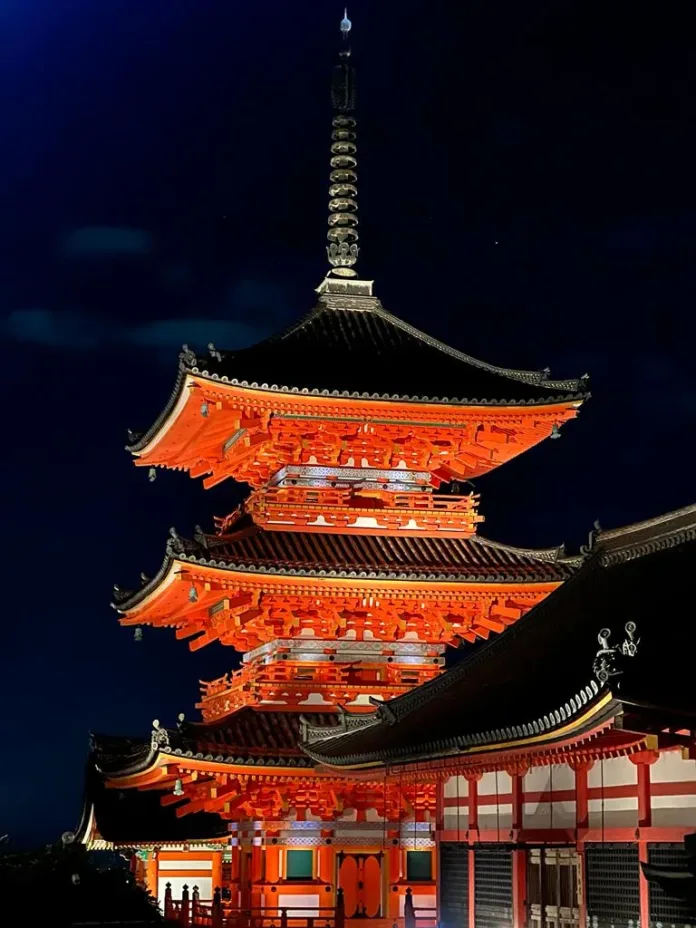Japan has always been a bucket list destination for many. The allure of Japan reaches all ages and audiences, allowing for a wide breadth of tourism. Some may travel for food delicacies such as Sushi, Okonomiyaki, and the infamous wobbly cheesecake and pancakes. Train enthusiasts revel in the Shinkansen (Bullet Train), while others immerse themselves in the world of Manga (comic books) or Anime (animated TV shows and movies).
My top 10 travel tips for Japan would be:
1. Book Hotels and Experiences Several Months in Advance:
The most popular and best hotels can be booked months in advance. Delaying your booking might limit your choices, resulting in less-than-ideal locations, longer commutes, and wasted time. Efficiency is key, especially if you plan to visit Mt. Fuji and stay at an Onsen. Many desirable options may not be available once you land in Japan. The same applies to popular experiences like Studio Ghibli Park.
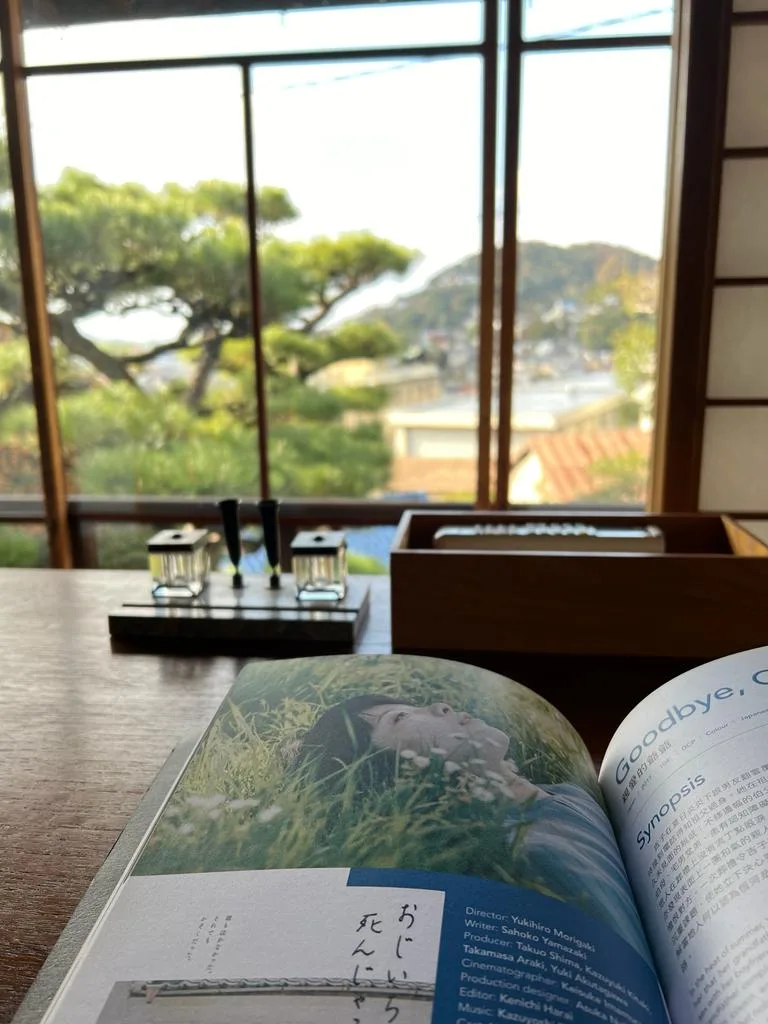
2. Spring? Summer? Autumn? Winter?
Choosing the season to visit Japan is a challenging decision that can impact your entire itinerary. Each season has its benefits and drawbacks. While Spring offers cherry blossoms, it also attracts overwhelming tourist crowds. Autumn showcases multicolored foliage and comes with unique experiences, such as temples opening till midnight with light shows and train journeys through brightly lit forests at night. Regardless of your choice, each season in Japan brings a different and wonderful experience.
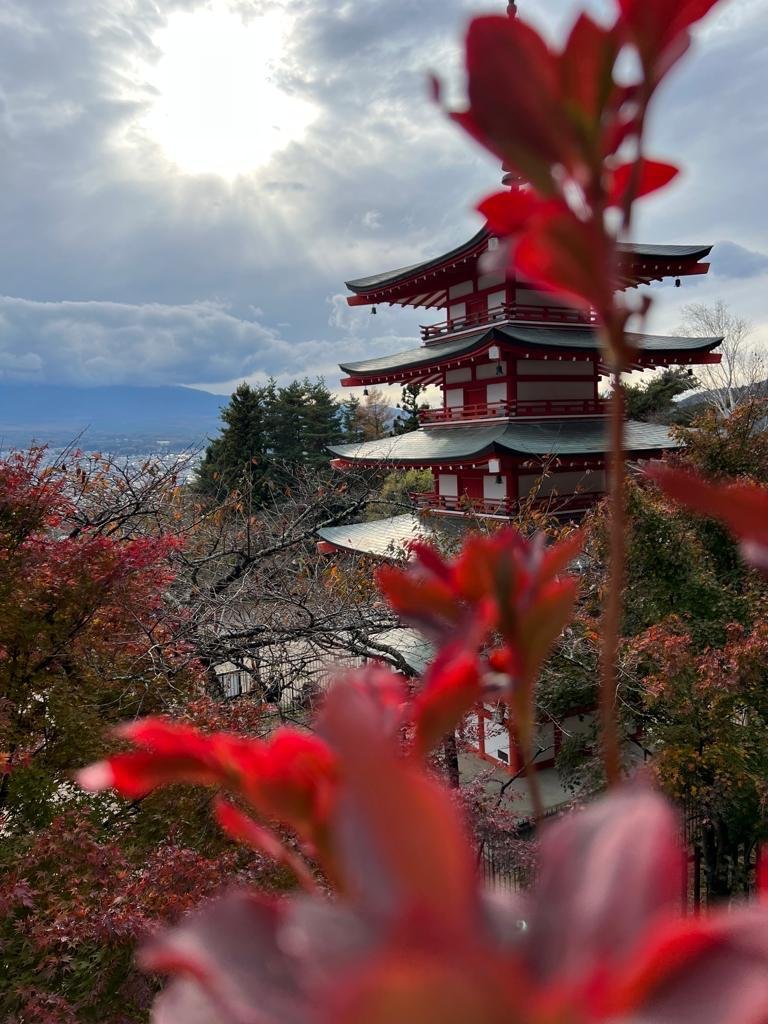
3. Japan Rail Pass: If you plan to traverse ‘The Golden Route’ (Tokyo > Mt.Fuji > Hakone > Kyoto > Osaka > Hiroshima), consider purchasing a Japan Rail Pass. Available for different durations (7 Days, 14 Days, or 21 Days), the pass’s price has increased since October 2023. However, it may still be worth it, depending on your travel plans. Online tools can help you determine if the Japan Rail Pass is a cost-effective choice.
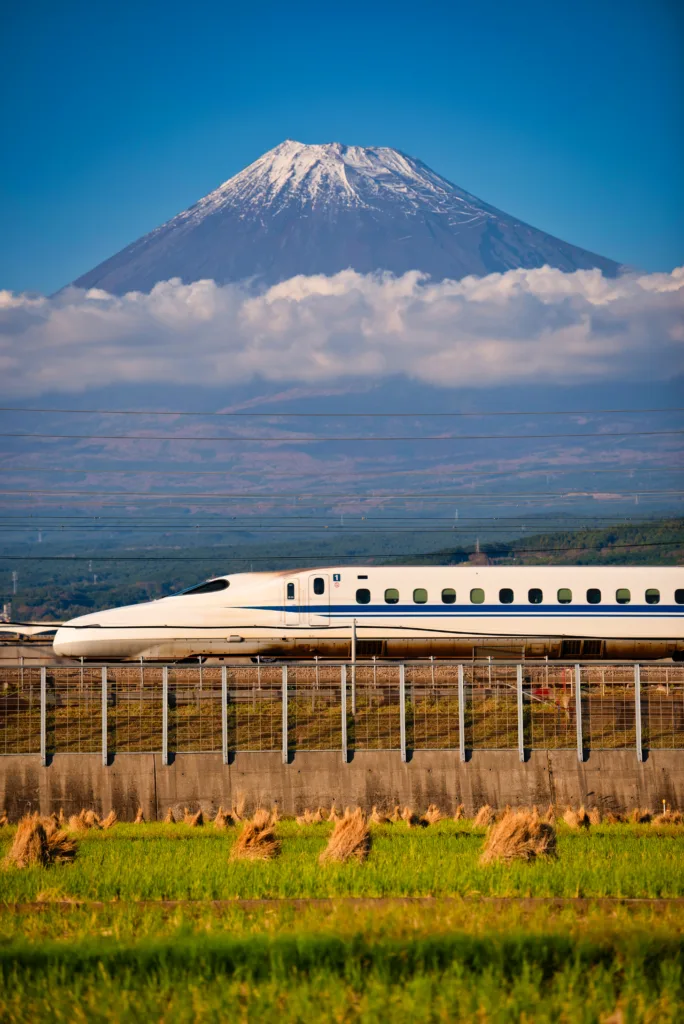
4. Suica Card: The Suica Card is a multipurpose card allowing travel on bus and metro lines, as well as purchases at vending machines and shops. Due to chip shortages, these cards are not readily available throughout Japan and must be collected at Arrivals at the Airport. Alternatively, you can download the Suica Card to your mobile phone’s Wallet App for added convenience.
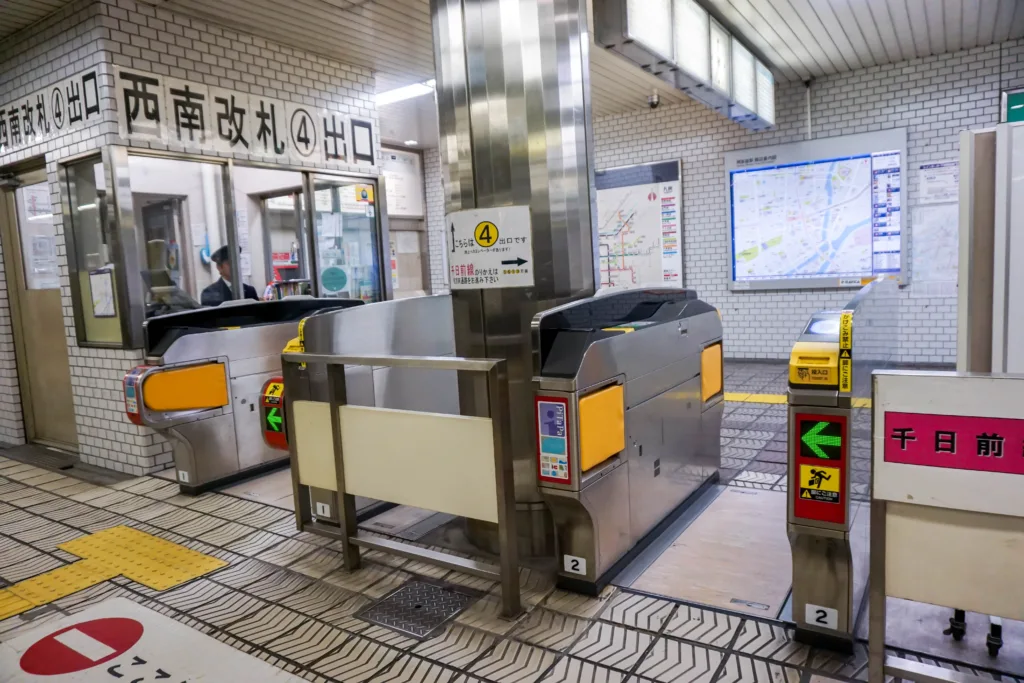
5. Luggage Delivery Service: Most hotels and all post offices allow you to send your luggage to your next destination, saving you the hassle of dragging it around. Consider using Air Tags or equivalent devices to keep track of your luggage. Luggage should be sent a day prior to your next destination.
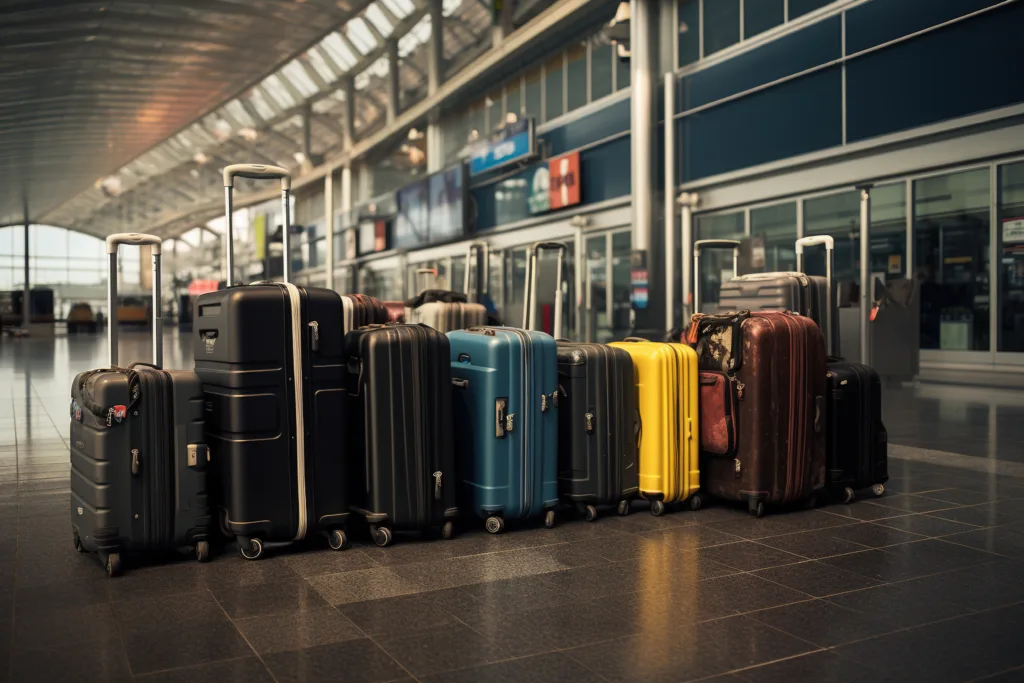
6. Backpack: Japan has strict etiquettes about cleanliness, and littering is looked upon very negatively. Trash cans are not commonly seen throughout Japan, so it’s advised to carry your rubbish until you find one or dispose of it back at your residence. Backpacks can also be useful for carrying overnight clothes, especially if using the Luggage Delivery Service, as it may take 1-2 days for your luggage to arrive at your next destination when shipped.
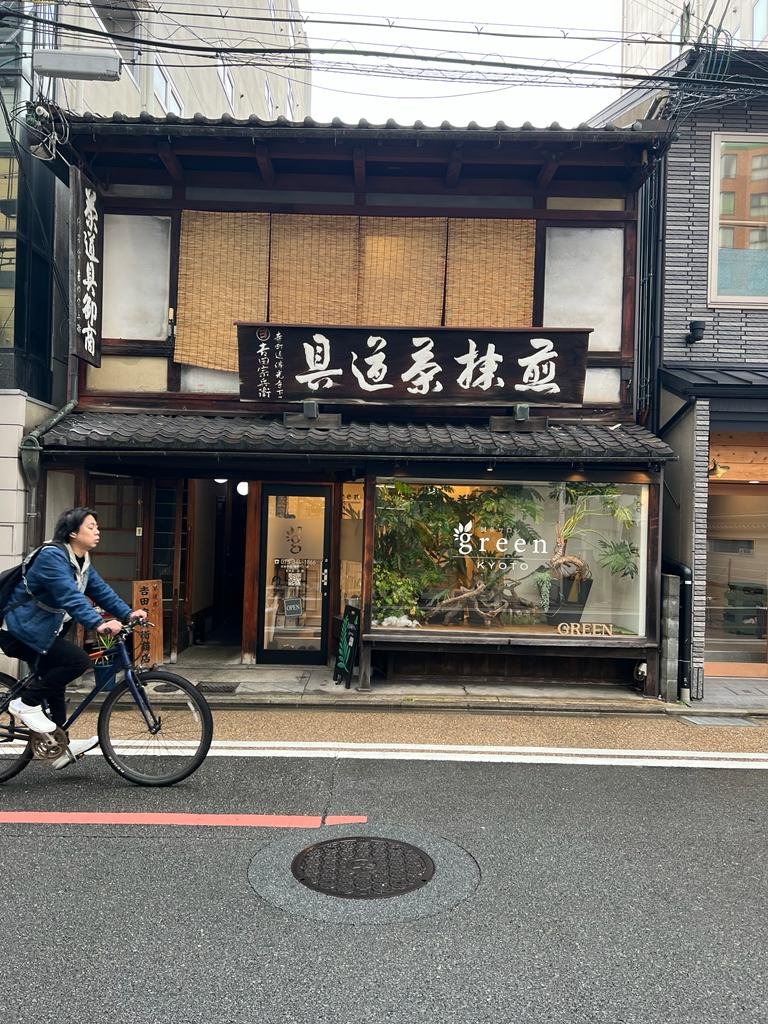
7. Comfortable Walking Trainers/Sneakers: Japan’s tourist destinations involve a lot of walking and traversing, often on hills and mountains such as the Fushimi Inari Shrine in Kyoto. Visitors in Japan may accumulate a daily step count of 30,000 steps. Investing in comfortable, light walking or hiking trainers is essential for your comfort.
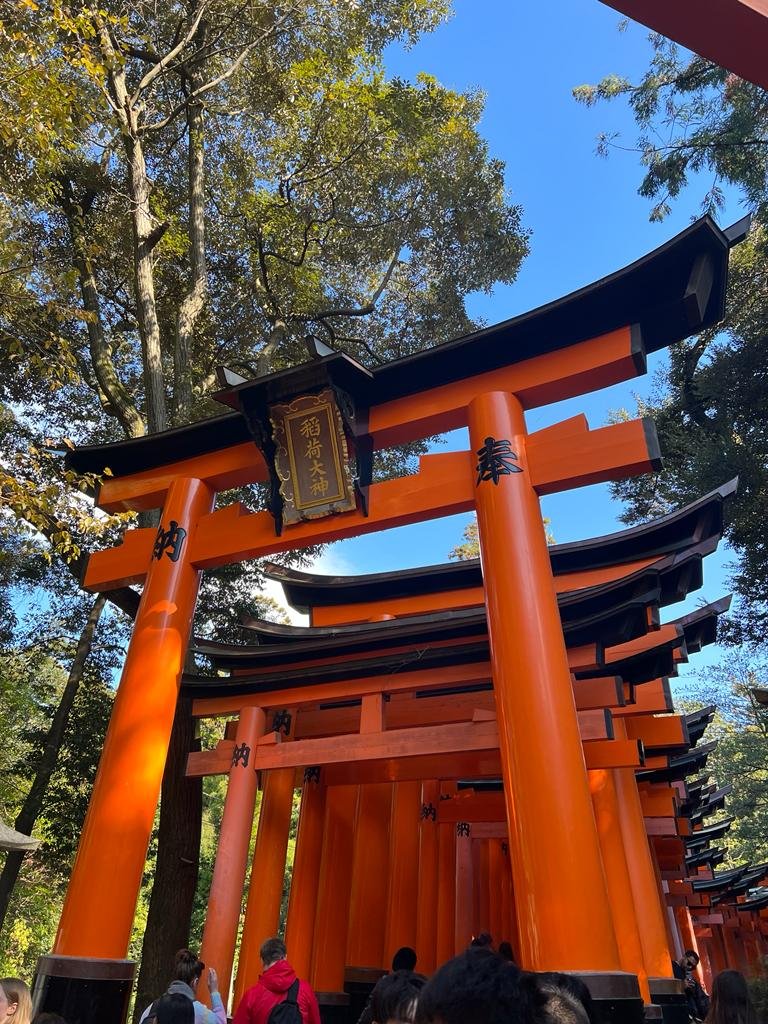
8. Purchasing an E-SIM or SIM Card: Data is crucial for navigation and communication through language apps, especially if you are not well-versed in Japanese. Google Translate can be a lifesaver for asking for information and general communication within Japan.

9. Cash: ‘Cash is King’ as the old saying goes, and it is still very much needed in everyday situations within Japan. Many festivals and food stands only accept cash, and some food vendors and restaurants still operate on a cash-only basis. It’s recommended to inquire before sitting down whether a food establishment accepts only cash or if cards are also accepted. Japan is also famous for ‘Gashapon,’ vending machines that dispense a wide variety of products, and these machines only accept coins. Not having cash or coins may mean missing out on experiences.
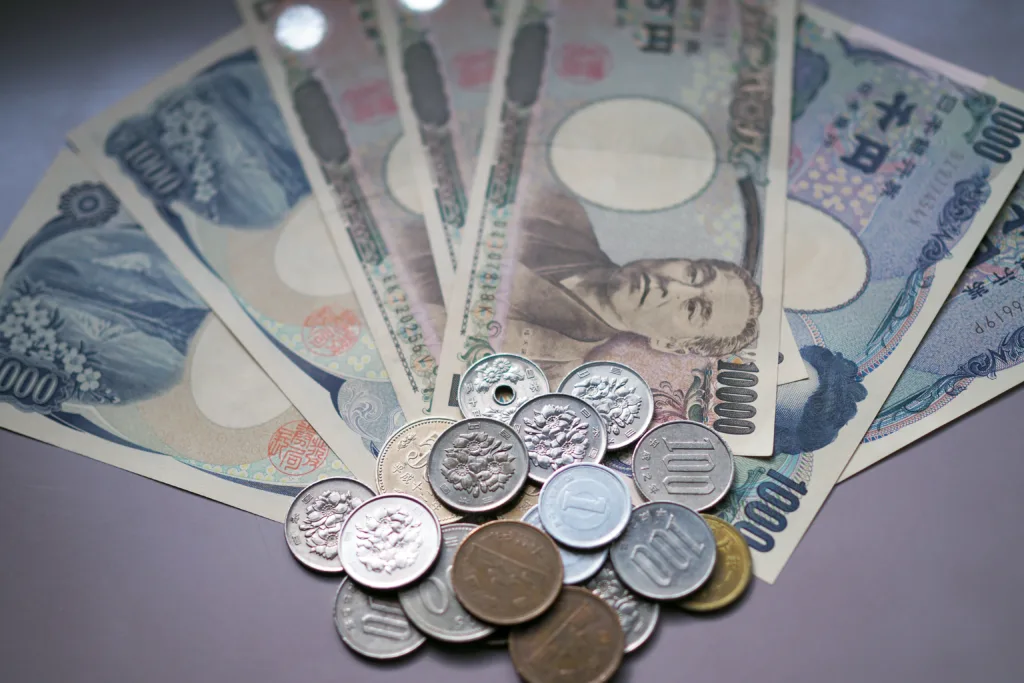
10. Earthquake And Tsunami: Japan, being historically one of the most active seismic locations on the planet, experiences frequent earthquakes. It’s advised to research what to do in the event of an earthquake and follow the local protocol. While minor earthquakes are common, stronger ones are rare, and tsunamis are even rarer. Many of Japan’s buildings and houses have been built with seismic activity in mind, designed to withstand and move with earthquakes.
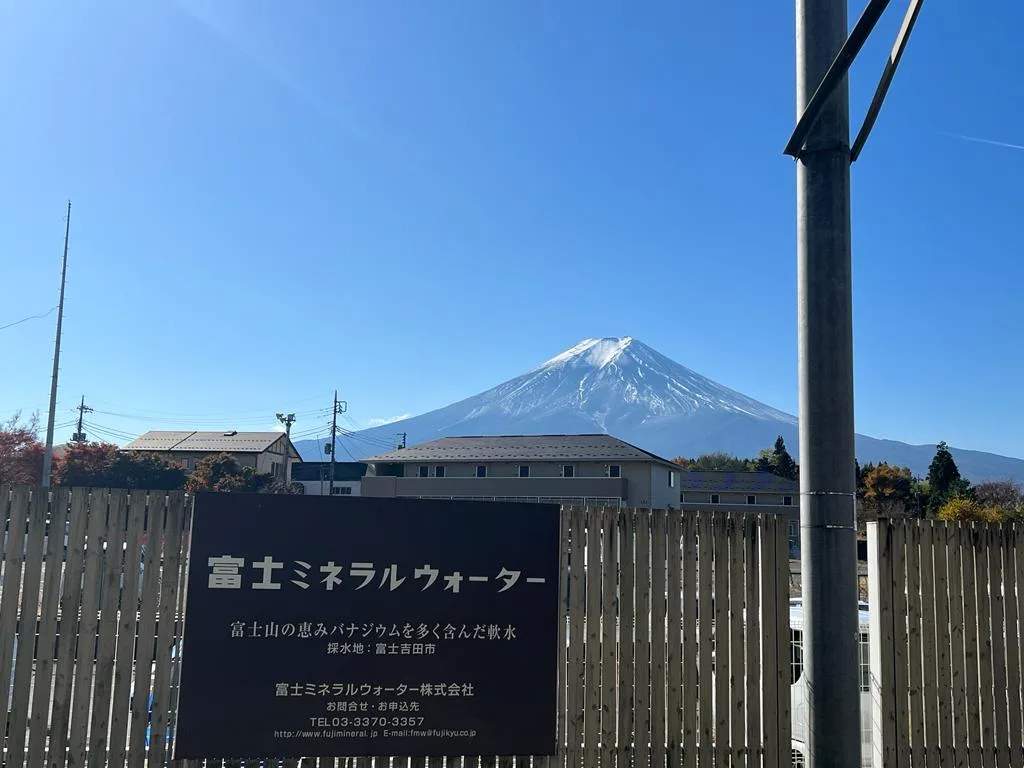
In Conclusion: Have fun, enjoy the food, immerse yourself in the culture, explore new sights and experiences, and, most importantly, respect the traditions and etiquettes of Japan.
Author: Usman Khan
